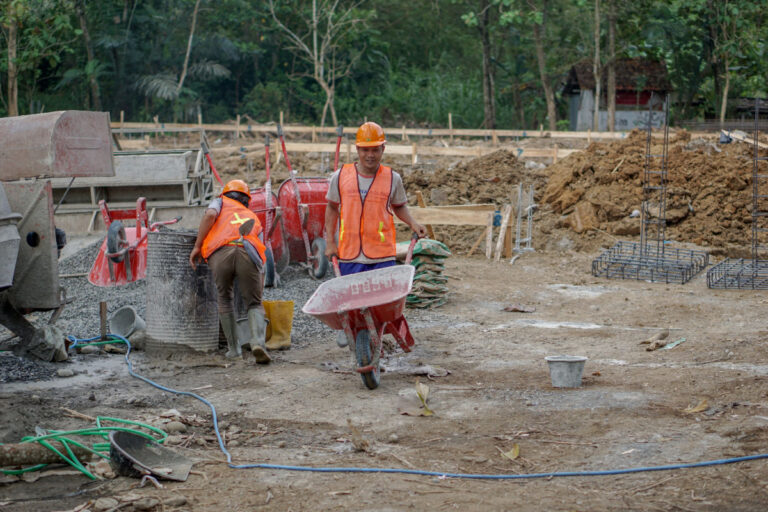Share this article
Young academics and entrepreneurs in Bali are calling on authorities to do more to protect the island’s cultural and natural heritage from rampant tourist development.
These calls are echoed by many tourism leaders, politicians and Bali enthusiasts who feel they are watching Bali’s fragile cultural identity and ecosystem disappear before their eyes.
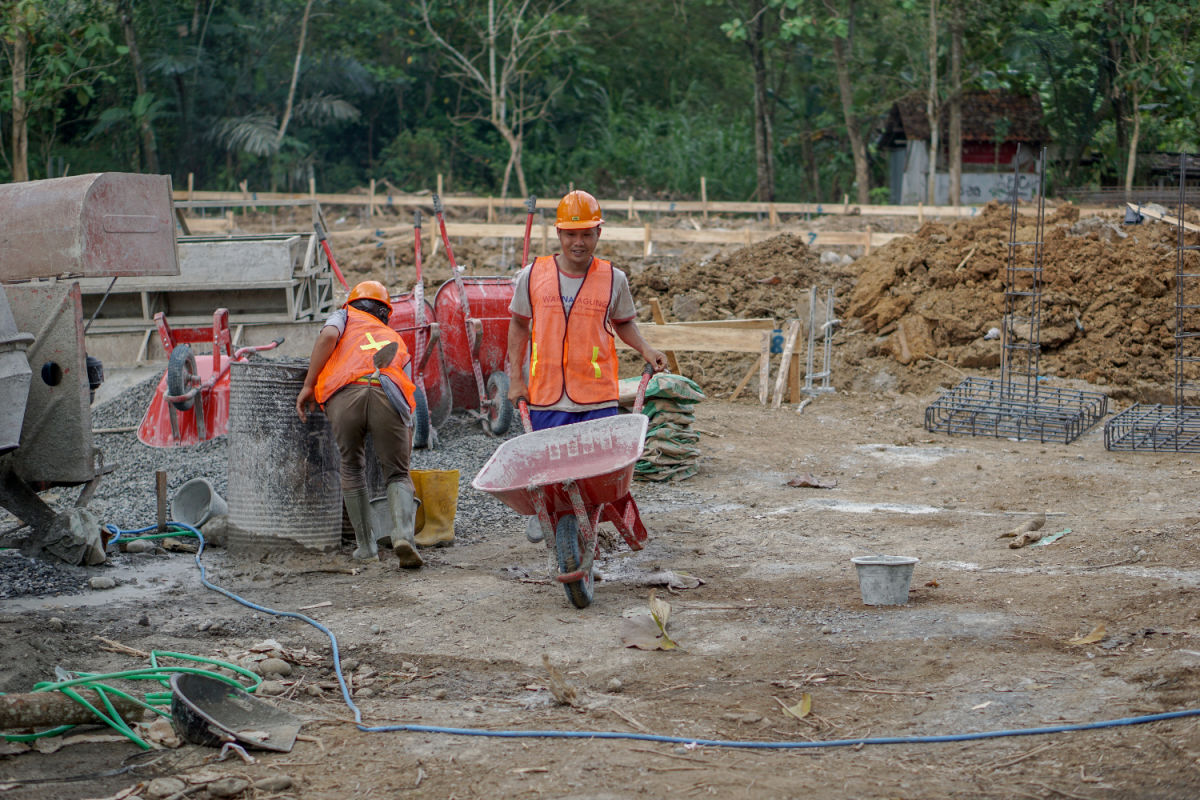

Balinese architect and tourism commentator Kadek Pranajaya spoke to the Bali Post about his views on tourism development and how it has strayed from Balinese traditional values and practices. Essentially, Pranajaya called on leaders to “not sell off Bali without rules.”
One of Pranajaya’s main concerns is that rice fields and landscapes important to Bali’s subak system are being sold off for tourism and infrastructure development.
Bali’s Subak system is protected as a World Heritage Site by the United Nations Educational, Scientific and Cultural Organization, and even UNESCO officials have spoken out, saying current developments threaten this important environmental and cultural system.
Pranajaya said he has seen many new tourism developments neglecting Balinese traditional building techniques and architectural considerations.
He also worries that converting farmland to tourism and infrastructure development will not only create environmental problems but also cause unemployment for farmers who struggle to find work in other sectors and outside their communities.
Pranajaya said he has seen many tourism developments, including hotels, restaurants and attractions, being built to designs and design principles from outside Bali and even outside Indonesia.
As a result, he feels there are many cases where Bali Building Regulations are being violated with impunity. He clarified that “we need to cooperate to thoroughly investigate violations of unregulated development.”
Pranajaya also called on Bali’s government agency, Satpol PP, to enforce the law more strictly and adhere to all rules and regulations. “They should know about construction as well as green areas,” he said.
Earlier this week, Pande Made Ali Astana Patamalta, an agriculture lecturer at Dwigendra University in Denpasar, said his observations showed that “unscrupulous investors were deliberately blocking agricultural irrigation canals and drying out areas.”
He also pointed out that the current discussion on development in Bali is not “pro-farmer”, which is causing a lot of problems for the local community.
During a site visit to the Jatiluwih Rice Terraces as part of the World Water Forum, held in Bali from May 18 to 25, UNESCO official Sin Ku confirmed that the organisation would further work with the Indonesian government to protect Bali’s natural heritage.
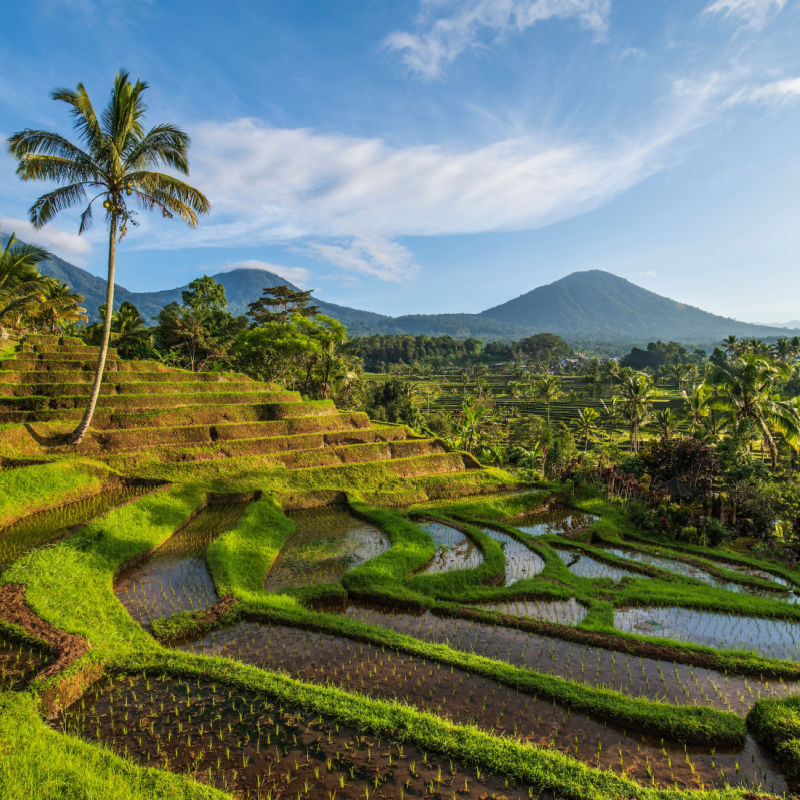
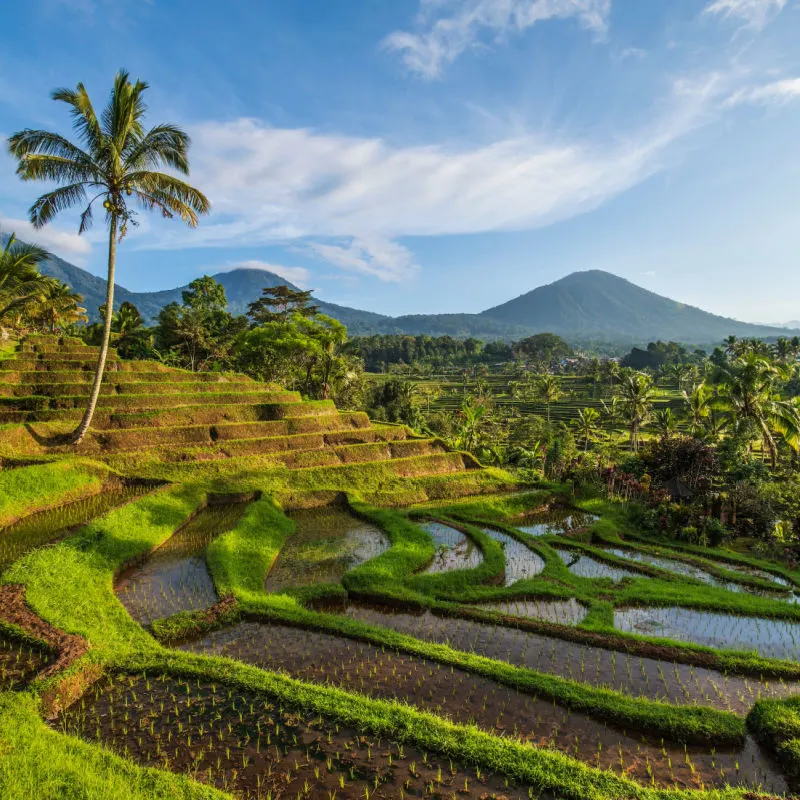
Ku said, [the partnership’s] Our commitment is to advocate for the protection of water-related cultural heritage to overcome the challenges of the 21st century water crisis, all of which are closely linked to the Subak context.”
“We need to reflect on how humanity has interacted with water, how we have consumed and treated water. Indonesia will also launch new initiatives to support more sustainable water management,” Qu added.
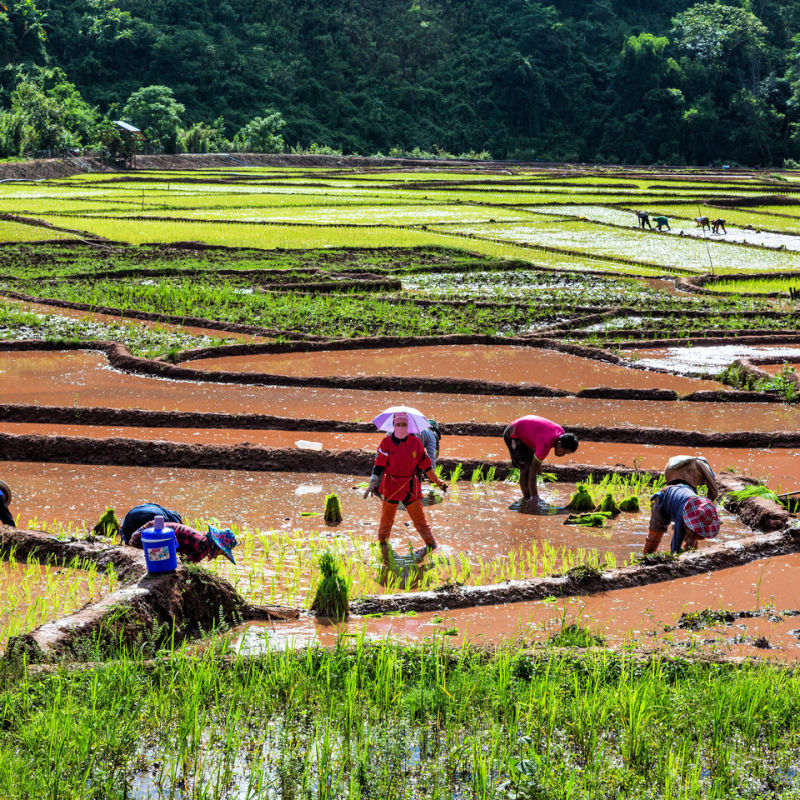
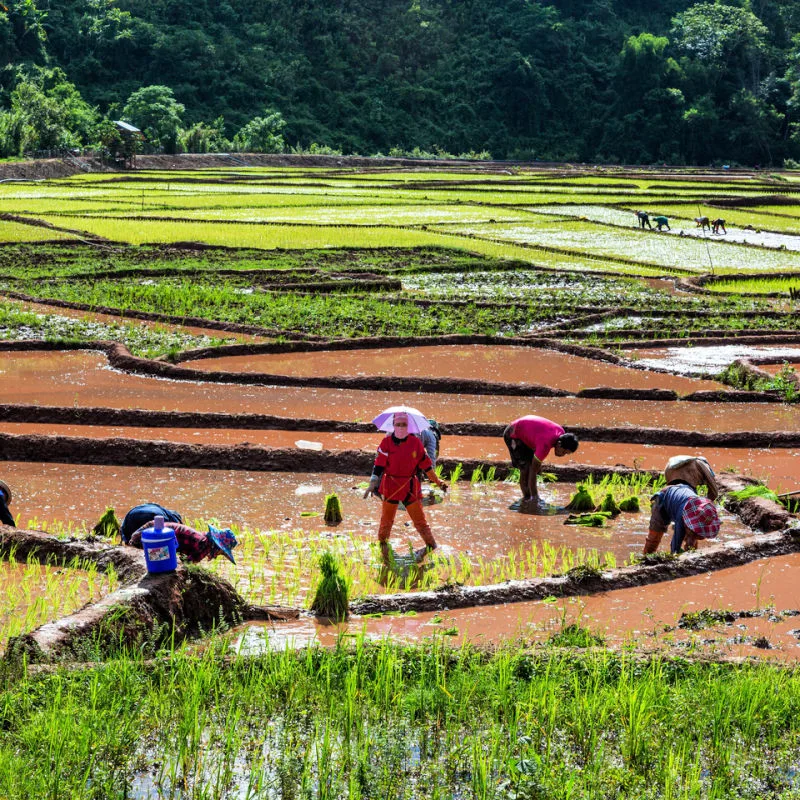
Conservation in relation to tourism development is currently a hot topic among Bali enthusiasts, especially in the wake of the recent landslide at the Mirror Development Group’s construction site in Uluwatu.
A landslide has caused a large section of the ancient limestone cliff face to collapse at Pemti Pecatu Beach, a lesser known beach located between Uluwatu’s famous Impossible Beach and Bingin Beach.
An investigation by Badung province found no violations of building permits or construction licenses.
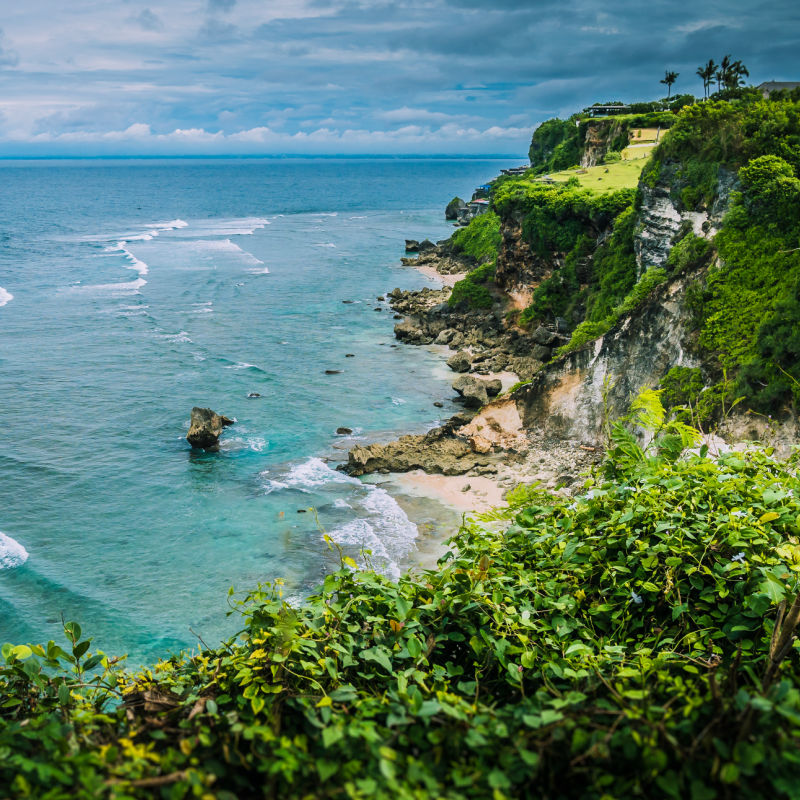

Bali enthusiasts have also expressed concern and disappointment over the development of the resort in Seseh.
Developer Talian Group is partnering with Anantara Hotels to build the Anantara Dragon Sese Bali Resort, a project that has been criticised since its inception by local Balinese residents who fear it will destroy Sese’s natural beauty and cultural appeal.

